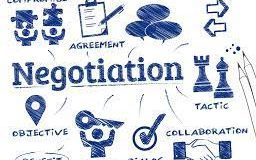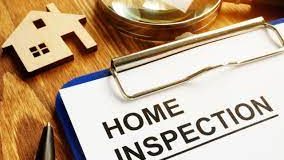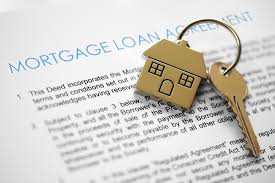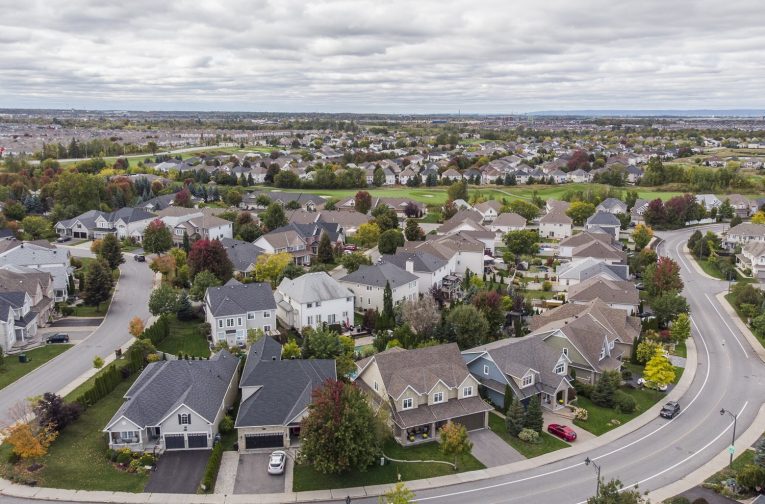Closing costs are an essential part of the homebuying process, and they can vary depending on factors such as location, loan type, and the specific transaction. Here’s a breakdown of common closing costs associated with buying a home and tips on how to prepare for them:
Common Closing Costs:
- Loan Origination Fees:
– This fee is charged by the lender for processing and underwriting the mortgage.
– Tip: Shop around for lenders and compare loan offers to find competitive origination fees.
- Appraisal Fee:
– An appraisal is required to determine the home’s market value.
– Tip: Ensure the appraiser is licensed and reputable to provide an accurate assessment.
- Credit Report Fee:
– Lenders pull your credit report to assess your creditworthiness.
– Tip: Review your credit report in advance and address any errors to potentially improve your credit score.
- Home Inspection Fee:
– While not always a lender-required cost, it’s advisable to hire a home inspector to assess the property’s condition.
– Tip: Choose a qualified inspector and carefully review the inspection report.
- Title Insurance:
– Both lender’s title insurance (to protect the lender) and owner’s title insurance (to protect you) may be required.
– Tip: Shop for title insurance to find competitive rates and ensure clear property ownership.
- Property Taxes:
– You may need to prepay property taxes for a specific period.
– Tip: Budget for property tax payments and ask your lender about tax escrow accounts.
- Homeowners Insurance:
– You’ll need to prepay homeowners insurance for the first year.
– Tip: Obtain multiple insurance quotes to find the best coverage at a reasonable price.
- Escrow and Prepaid Items:
– Funds may be placed in an escrow account to cover future property taxes and insurance premiums.
– Tip: Understand the escrow process and plan for these ongoing expenses.
- Recording Fees:
– These fees cover the cost of recording the deed and mortgage with the county.
– Tip: Ask for an itemized list of recording fees to understand the charges.
- Title Search and Settlement Fees:
– These fees cover the cost of researching property records and facilitating the closing process.
– Tip: Review the settlement statement for any discrepancies or unexpected charges.
- Attorney Fees:
– In some states, an attorney may be required to oversee the closing.
– Tip: Clarify whether you need an attorney and budget accordingly.
- Home Warranty:
– While optional, a home warranty can provide coverage for certain repairs and appliances.
– Tip: Consider whether a home warranty aligns with your needs and negotiate its inclusion in the purchase contract.
Tips to Prepare for Closing Costs:
- Review the Loan Estimate (LE):
– Within three days of applying for a loan, your lender must provide a Loan Estimate detailing your expected closing costs. Review it carefully.
- Budget and Save:
– Start saving early for closing costs to avoid last-minute financial stress.
- Compare Lenders:
– Get quotes from multiple lenders to find competitive interest rates and closing costs.
- Negotiate with the Seller:
– In some cases, you may negotiate with the seller to cover a portion of your closing costs.
- Ask Questions:
– Don’t hesitate to ask your lender and real estate agent for clarification on any closing cost item.
- Shop for Service Providers:
– Research and choose reputable service providers, such as inspectors, appraisers, and title companies.
- Request a Seller’s Concession:
– Depending on the market and negotiation leverage, you can ask the seller to contribute to your closing costs.
- Plan Ahead:
– Create a budget that includes both the down payment and estimated closing costs so you can plan accordingly.
Remember that closing costs can be a significant part of your home purchase expenses, so thorough preparation and understanding of these costs are essential for a smooth and successful closing process.






